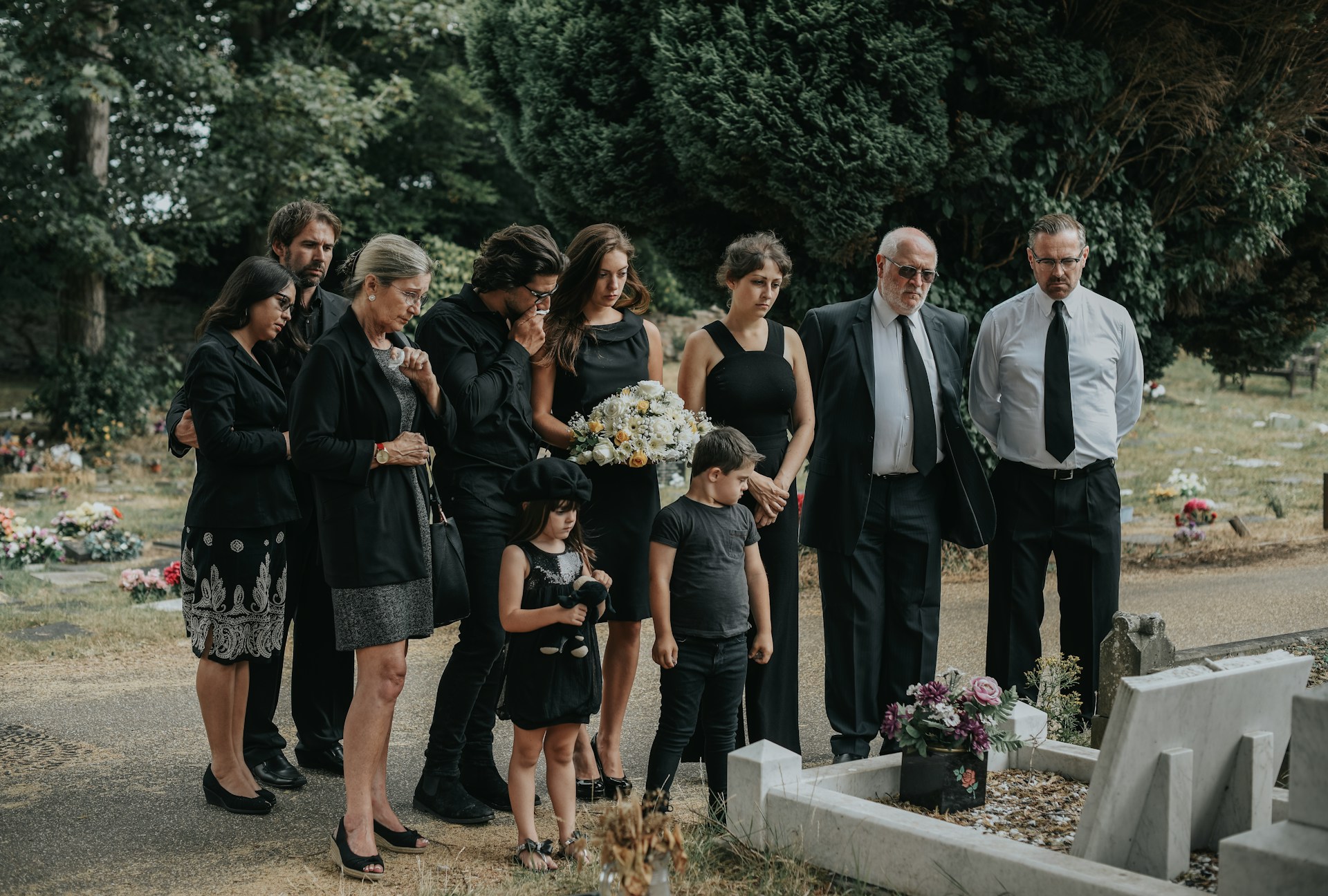When someone in Tampa has a bad medical experience, it is not always clear what went wrong. Maybe a treatment did not help, or a surgery left things worse than before. In those moments, the idea of connecting with a medical malpractice firm might feel big and unfamiliar. People often want to know one thing before they take the first step—how does a law firm even decide if a case is worth looking into?
Talking to a firm does not mean a lawsuit starts right away. Often, it begins with just a conversation. Understanding what might happen during those first steps can help take some of the pressure off. For anyone wondering how the process unfolds, here is a look at how a medical malpractice firm in Tampa typically handles new cases.
The First Call: What Most Firms Ask About Upfront
The beginning of a case usually starts with a basic conversation. A person might call or send a message explaining what happened and asking if the firm can help. During that first exchange, we listen carefully while trying to gather the story in a simple way.
A few questions often come up right away:
- What kind of medical treatment was received?
- When and where did it happen?
- What went wrong, or what concerns have come up since?
We sometimes ask for names of doctors, hospitals, or clinics. The more specific the details, the better we can get a clear picture. That includes dates of appointments or procedures and details about what was expected versus what actually happened.
It is okay if everything is not known right away. Some people do not have full records or exact timelines on hand, especially if they are still recovering or if family members are helping out. We can always revisit some of that later as the picture becomes clearer.
Reviewing Medical Records and What That Means
Once we have talked through the main points, the next step usually focuses on the person’s medical records. These records are important because they tell us what the doctors wrote down at each step. They can show test results, surgery notes, or any instructions that were given.
We cannot just look at records on our own. The person has to sign a form that allows us to ask hospitals or clinics to send them over. Some records come in fast, but others take longer, especially if many providers were involved or the care happened over a long period.
Reading through the records helps us figure out whether a mistake might have happened. It is not always obvious at first glance. We look to see if something was missed, misread, or done in a way that does not match standard medical practices. This part matters because it helps shape our understanding before taking any serious steps forward.
Greco, Wozniak & Ruiz-Carus, P.A. has helped Tampa clients collect medical records from multiple local hospitals, specialty clinics, and urgent care centers to ensure a complete review.
Consulting with Medical Experts Behind the Scenes
Once we have gone through the records, we usually talk with medical professionals outside the case itself. These might be doctors or nurses who were not involved in the treatment but know what proper care is supposed to look like.
They give us an outside opinion on what they see in the records. For example, they may notice test results that were not followed up on, symptoms that should have led to different decisions, or surgery notes that raise questions.
When a person wonders if what happened to them was avoidable, this is how we start to answer that. The expert’s insight does not make the final call, but it often gives direction on whether we should keep digging further. If there is a possibility of negligence, that is when we start looking more seriously at whether the case can move forward.
Deciding Whether the Case Has Legal Grounds in Florida
Once we have looked at the facts and spoken to experts, we have to ask if the case meets Florida’s legal standards for medical malpractice. These laws are specific. They define what kinds of mistakes count and how long someone has to take action.
In Florida, that deadline is often two years from when the person knew—or should have known—that a medical injury happened. That timing can be tricky, especially when symptoms show up slowly or the full impact is not clear right away.
We also look at whether the mistake was something no reasonable medical provider would have done under the same circumstances. That does not mean all bad outcomes are malpractice, but if a basic step was skipped or clear warning signs were ignored, those are the kinds of things worth closer review.
This stage is also where we look at the real-life impact. Did the mistake cause a long-term injury, permanent problems, or lead to bigger health issues? Every situation is different, but these questions help us focus on whether the case is legally strong enough to keep going.
Communicating Next Steps with the Client
Once we have done the review and made a decision about moving forward, we talk it through clearly with the person who brought the case. If we think it makes sense to keep going, we will explain what the next steps might look like.
We keep communication simple and straightforward, including checking in when there are updates, answering questions, and being honest about where things stand.
Some steps involve getting more documents or asking for other experts to take a look. Sometimes we ask the person to gather more details, or just to confirm things that were shared early on. We try to make sure no one feels left out of the process or unsure about what is happening.
Most people want to know how long things will take. That answer is not always clear right away, but we make sure people understand the timeline we are working with and when they might hear back.
What to Expect When Sharing Your Story
Reaching out to a medical malpractice firm in Tampa does not have to mean you are ready to take legal action. For many people, it starts with needing answers. Something happened that does not sit right, and they want to know if they are the only one who feels that way.
These first steps are not about pressure. They are about figuring out what happened and whether the care someone got was appropriate. The process often brings some peace of mind, whether the case moves forward or not.
In the end, what most people want is to be heard. When someone shares their story, it gives us the chance to look more closely at what went wrong and whether something might have been preventable. In a place like Tampa, where medical care can come from many different sources, those individual experiences help us understand where attention is needed most.
If it turns out there is a reason to explore more, we move ahead carefully, one step at a time. And if there is not, people can still walk away knowing their questions were taken seriously and their care was reviewed with attention and respect. For many, that makes a difference.
Wondering if what happened to you or someone you care about might involve medical negligence? We take those concerns seriously. When things feel unclear, asking the right questions is often the first step. Talking with someone who understands both healthcare and Florida law can help you figure out what makes sense. To see how a medical malpractice firm reviews your experience, contact Greco, Wozniak & Ruiz-Carus, P.A. today.






